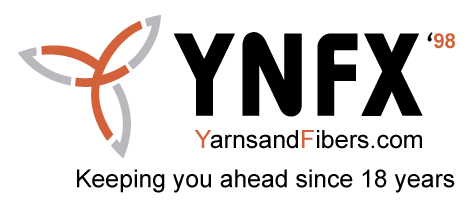Related Keywords: Canada, clothing, Clothing chains, dress rental company, fashion, NPD Group, Nuuly, Rent Frock Repeat, rental, warehouse
Clothing rental options are evolving from one-off, special occasion outfits to subscriptions for everyday apparel, and a Canadian company is expanding its closet to get in on the trend.
Rent Frock Repeat is relaunching this fall as a monthly clothing subscription service, after eight years in the designer dress rental business.
"[The customers are] the ones that set this in motion, because the demand was there," said Kristy Wieber, president of Rent Frock Repeat.

